Now – four years later, SINTEF has considerable experience with establishing new markets and market opportunities in Europe, as well as following up the market opportunities that the EU has to offer to Norwegian stakeholders. Nevertheless, SINTEF has gained access to an extremely important information flow, which would have been difficult to follow from home.
As we are celebrating our four years in the Brussels bubble, it is time to reflect upon the history. I had a chat with Berta Matas Güell to get better insight into the developments of SINTEF’s Brussels office, the last four years.
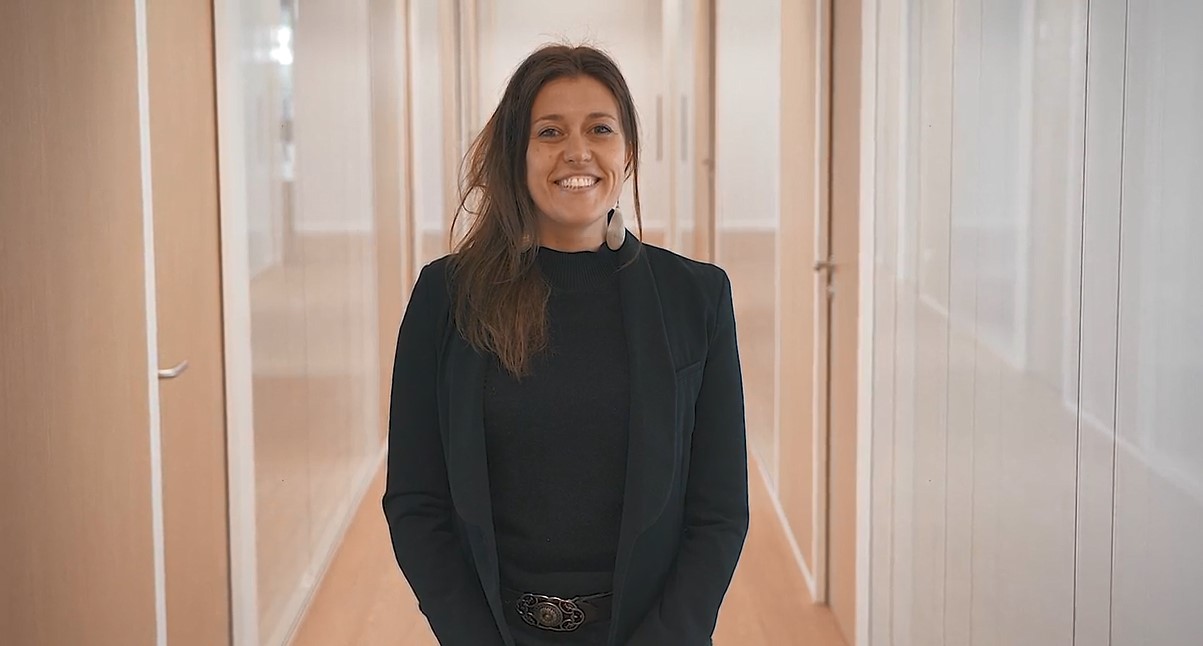
What do you think have been SINTEF’s biggest achievements in Brussels?
“We can probably say SINTEF has achieved several things in Brussels. One is that we have taken key roles in a strategic forum in Brussels, which has allowed us to influence the EU agenda-setting. One of the activities that we have promoted to do that, is the establishment of the yearly high-level meeting with the participation of the management of SINTEF and NTNU. The management comes down to Brussels two days a year, to discuss important matters for the Norwegian and the EU society in term of research, innovation and education mainly. In the high-level meeting we bring our management together with Norwegian stakeholders based in Brussels, but also high-level European Commission decision-makers.”
Güell points out in particular this year’s strategy event, “A clean planet for all: Accepting the challenge”, which was held on the 8th and 9th of October.
“This year we took into account the new framework programme for Horizon Europe, where there are five major topics that both SINTEF and NTNU work on, and that I am sure we can collaborate together on. These are energy, ocean, health, mobility and digitalization.”
SINTEF’s strategic partnership with NTNU has been strengthened as the two earlier this year established a joint Norwegian house for research and innovation (NOHRI) together with the University of Bergen and NORCE.
“This is an important achievement in order to join forces to represent the research, innovation and education community from Norway here in Brussels, towards the EU”, Güell says.
What have been SINTEF’s main challenges in Brussels?
“I would probably say that one of the main challenges is related to communication issues. In the sense that, sometimes it is indeed a challenge to communicate in a continuous and fluent way with our colleagues back home. It can be difficult to make visible the work we do in Brussels.”
“Sometimes it is also difficult to mobilise and engage our colleagues from home to come down to Brussels and for them to understand the impact it can give. This is something that we have started to work on, but I am sure that there is quite some space for improvement.”
What is on the agenda in Brussels these days?
“It is always a lot going on in Brussels, but I can highlight three elements that I think are very important on today’s agenda. On the first hand is obviously the Brexit. Everyone here in Brussels are following this up while trying to understand what the consequences of such a process will be”, Güell explains.
“On the second hand, as we all know, a new Commission was just recently established. It will be very important to follow closely the elements on the agenda, especially with regards to education, research and innovation. This is a second element to follow up from our side”, she continues.
“Third, representing the research and innovation community, SINTEF is following very closely and actively contributing to shaping the new framework programme for research and innovation, namely Horizon Europe.”
The EU’s new programme, Horizon Europe, will in 2021 succeed Horizon 2020. The Commission has begun its strategic planning process and many actors are now interested in shaping the priorities of the EU, as they for example can do through the EU’s co-design consultations.
How do you picture the developments of the Brussels office the next four years?
“I think what we have done up until now, has already contributed to highlighting and strengthening the understanding of the importance of the EU among our colleagues, to the point that we now even have defined a dedicated EU strategy for SINTEF.
So far, during these four years, we have mainly been just represented by the energy community within SINTEF. In the coming few years, I think it would be excellent if other SINTEF colleagues, from other institutes or colleagues representing other fields, such as digital, community, infrastructure, mobility, health and ocean, also bring some possibilities to establish some of their colleagues here in Brussels.
That will, on one side, obviously strengthen the activities that those specific institutes do towards the EU. At the same time, I am very convinced that having several SINTEF institutes represented here in Brussels would also strengthen the collaboration across institutes within SINTEF towards the EU. I hope this will be one of the big next steps the coming years.”


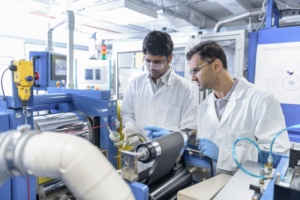
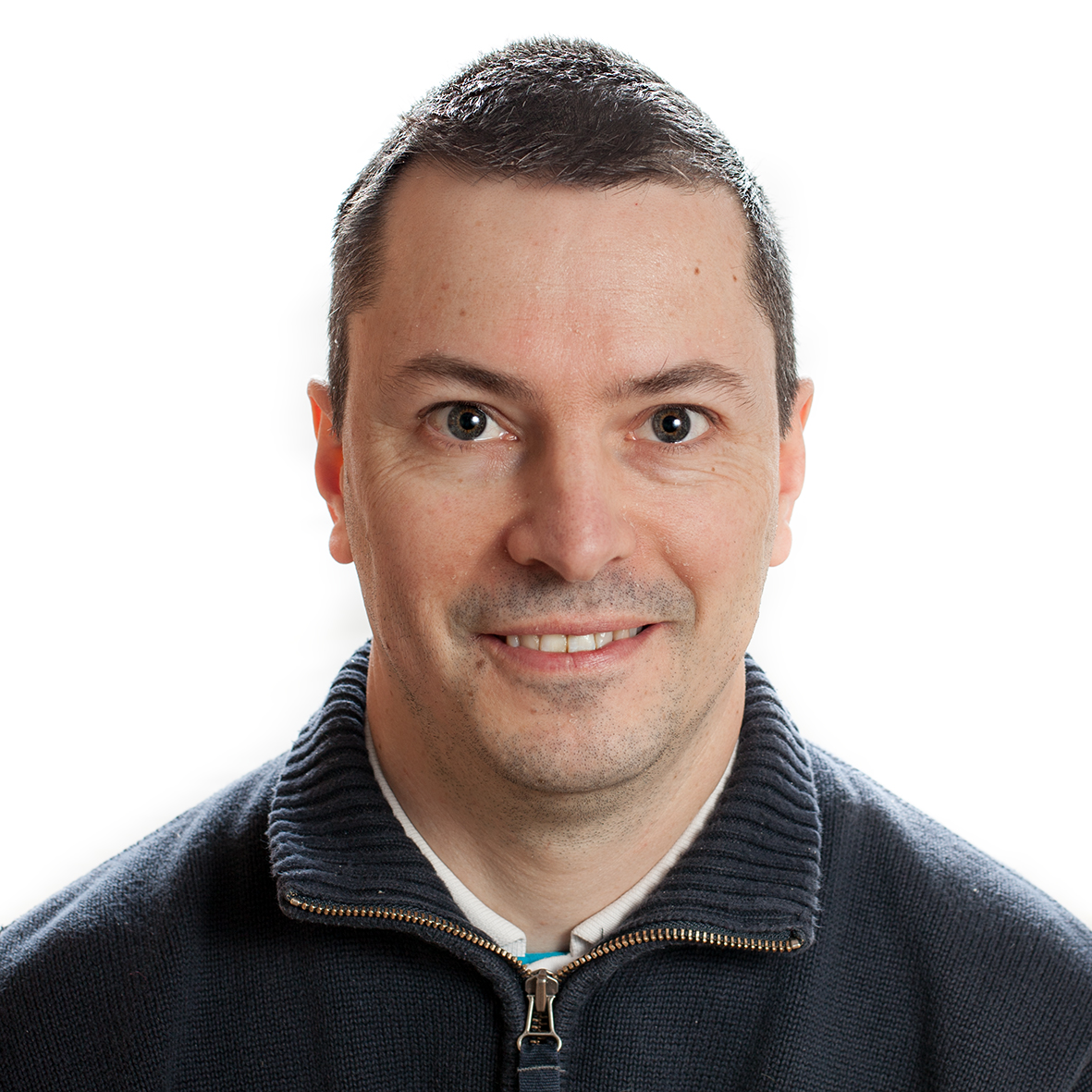
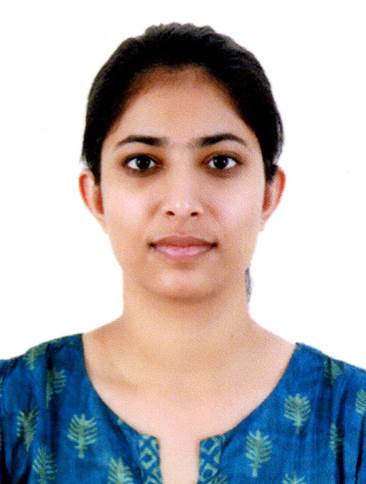

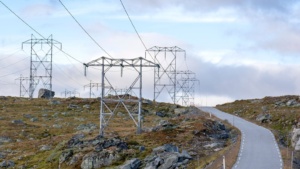
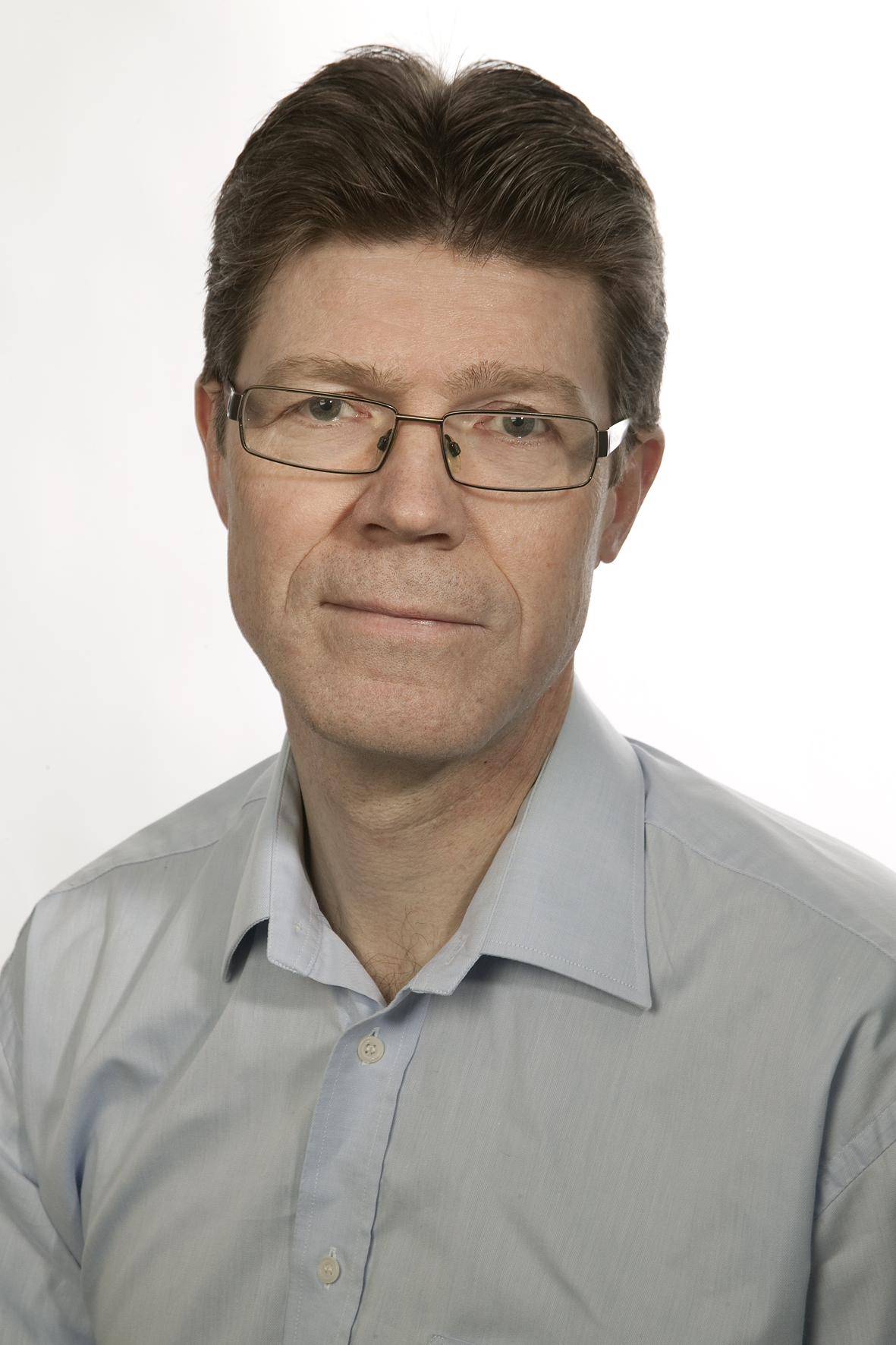
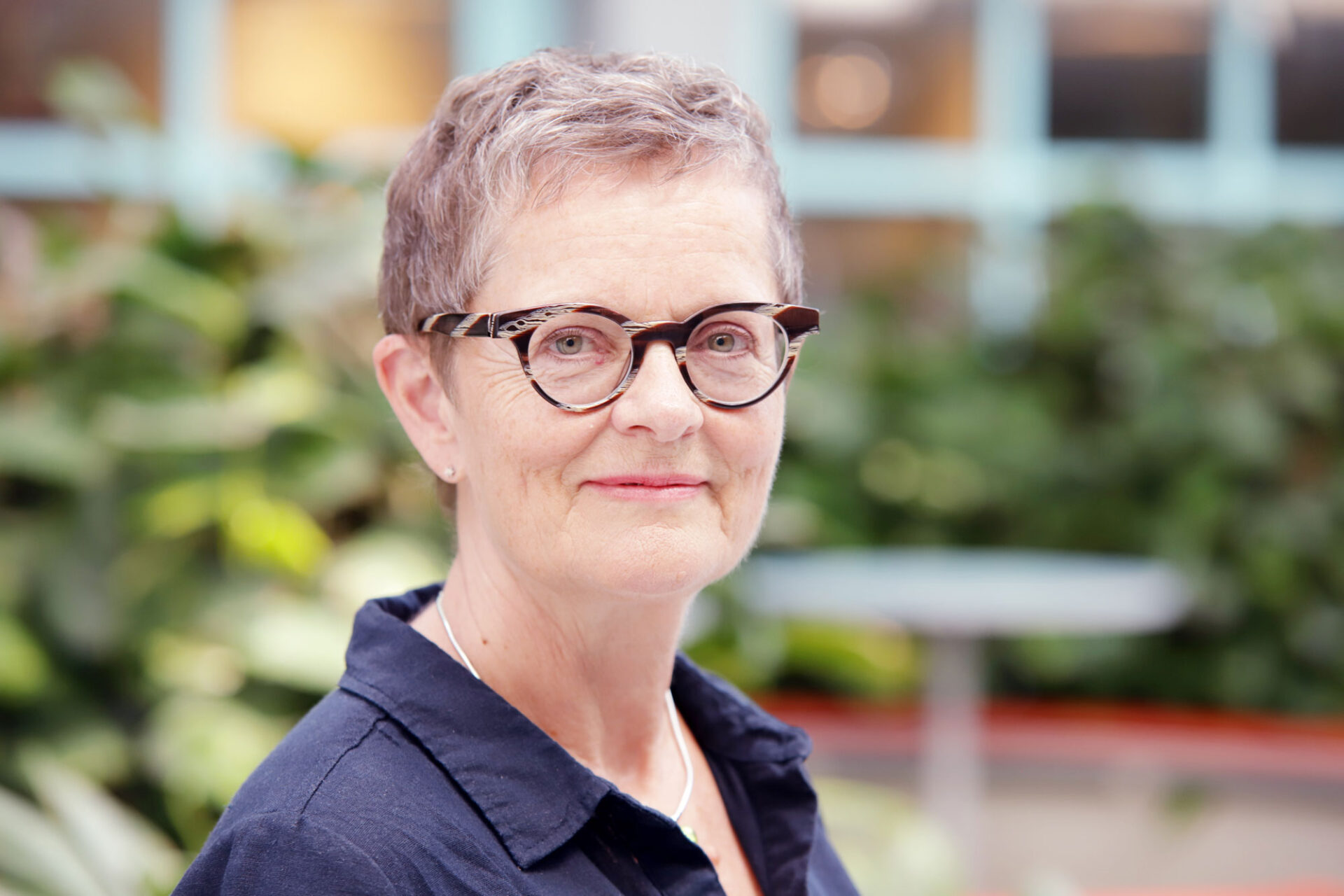
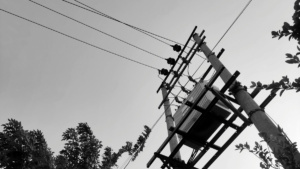
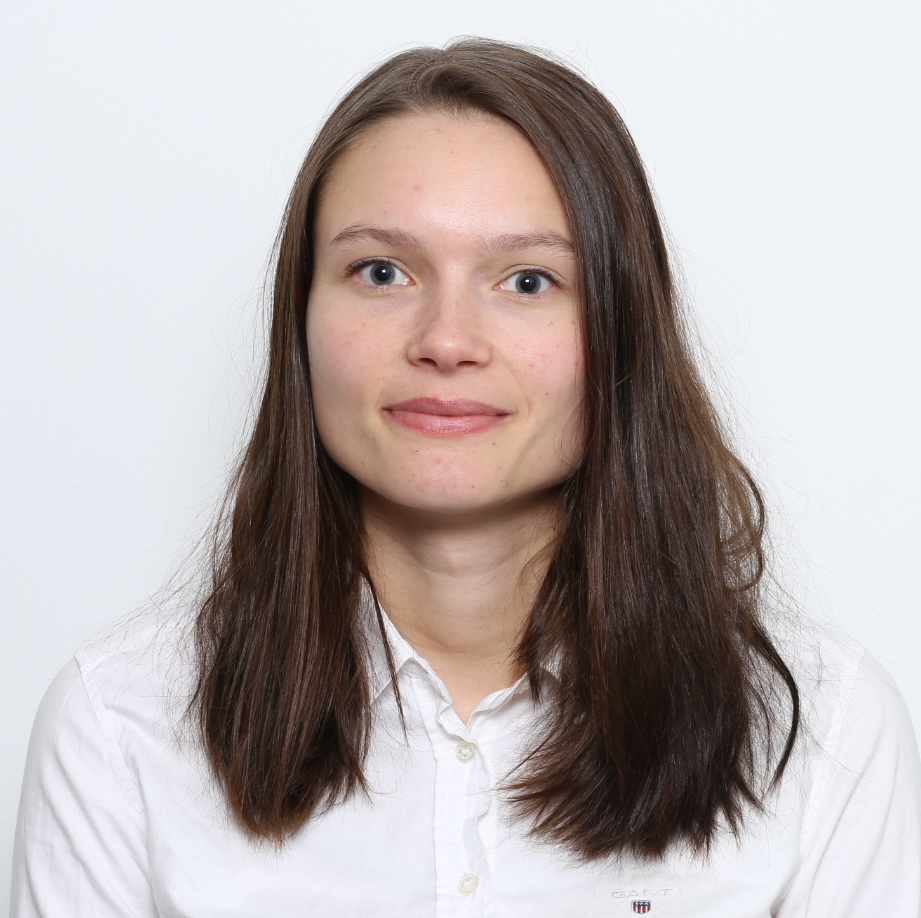
Comments
No comments yet. Be the first to comment!